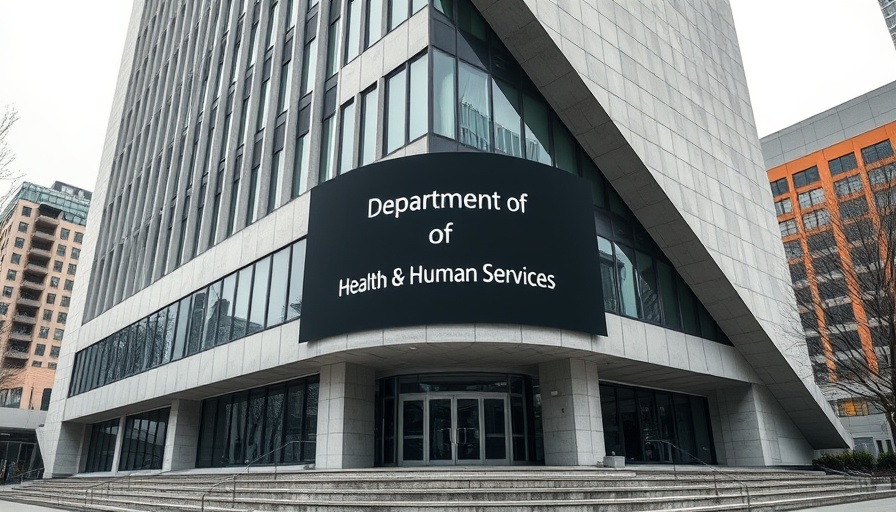
A Significant Shift in Oversight: What It Means for Hospitals
The Trump administration is contemplating a major change in how the 340B Drug Pricing Program operates, proposing a move of oversight from the Health Resources and Services Administration (HRSA) to the Centers for Medicare & Medicaid Services (CMS).
This shift has raised significant concerns among U.S. hospitals that rely on this critical program, which was designed to provide deep discounts on medications for safety net providers serving vulnerable populations.
Understanding the Impact on Hospitals
For many healthcare institutions, particularly those serving the low-income community, the 340B program has become a financial lifeline. This change could potentially threaten the budgets and operational capabilities of two-thirds of U.S. hospitals that depend on the 340B program for funding services and subsidizing uncompensated care. Hospitals have expressed anxiety, fearing that heightened scrutiny under CMS — known for its stricter regulations — could lead to diminished revenues.
The Struggle Against Fraud and Abuse
While hospitals worry about their financial future, others argue that increased oversight might be necessary. Critics point to growing evidence of fraud and misuse within the 340B program, suggesting that a firmer hand might facilitate better compliance and ultimately enhance the program’s integrity. As experts suggest, ensuring that the 340B program aligns appropriately with its intended goals could prove beneficial in the long run, despite the short-term upheaval it's likely to create.
Hospitals on Alert: The Reaction from Providers
The looming change has led to a heightened state of concern among healthcare providers. Experts like Sarah Bowman from the consulting firm PYA suggest that the implications could be severe, potentially devastating for many of the covered entities. This transformational shift in oversight is causing a critical re-evaluation of priorities among hospitals who are closely monitoring the developments.
As these discussions unfold, the healthcare landscape continues to navigate the complexities introduced by federal policy changes. Hospitals and clinics must remain vigilant, adapting strategies to accommodate the regulatory environment while striving to continue offering vital services to those in need.
This proposed change in oversight of the 340B program signals a broader trend towards increasing regulation within the healthcare sector. Stakeholders must prepare for what lies ahead and engage in proactive conversations about how best to support vulnerable populations amidst these potential regulatory shifts.
 Add Row
Add Row  Add
Add 




Write A Comment